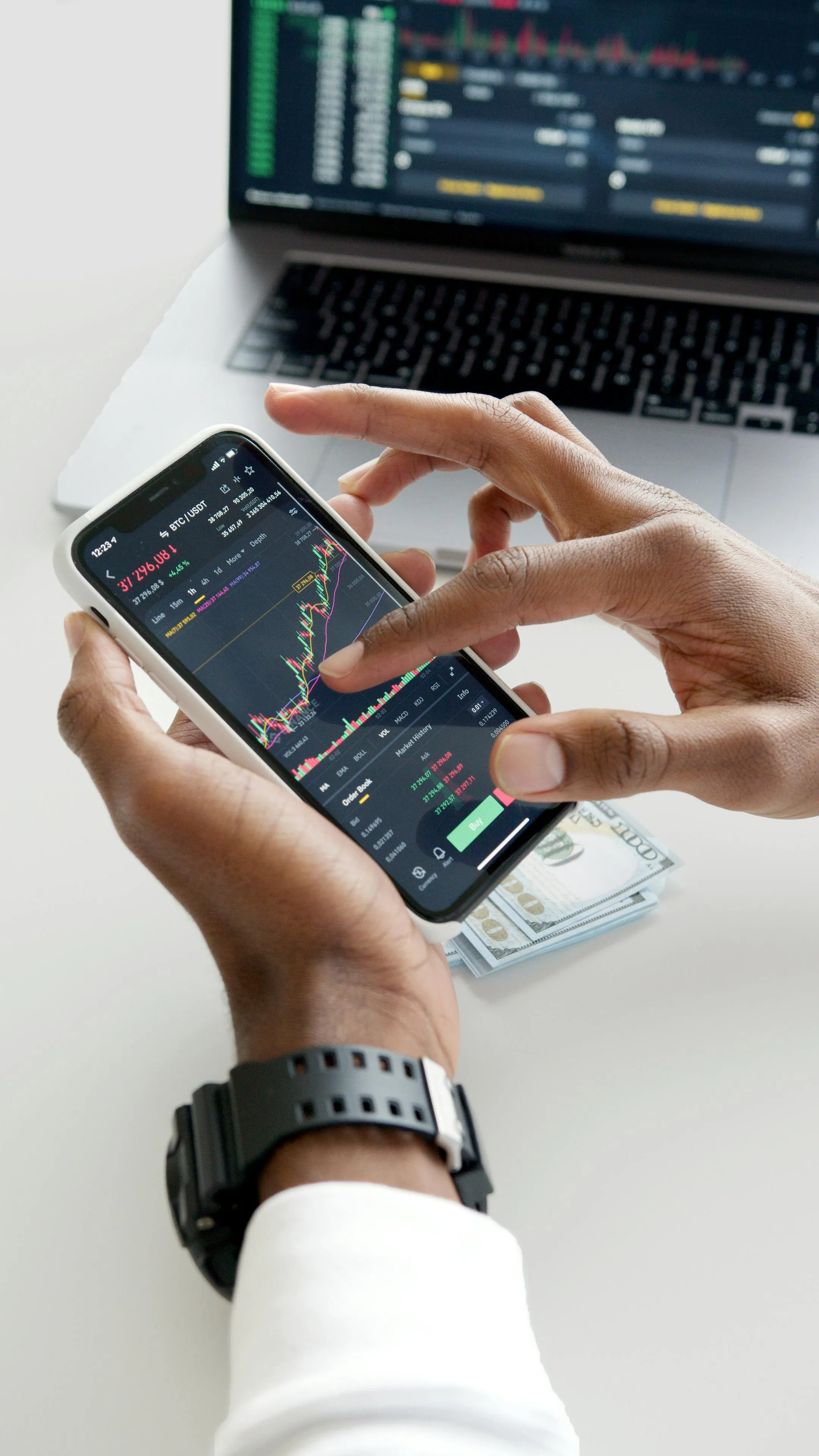Trading In Your Ride: Can You Swap Out Your Financed Wheels?
So, you’re thinking about getting a new car, but you still owe money on your current one. It’s a common scenario – life changes, needs evolve, and sometimes that trusty old vehicle just isn’t cutting it anymore. But can you trade in a financed car? The answer is yes! 
Trading in a car with an outstanding loan is a fairly straightforward process, but there are some important details to understand before you head to the dealership. Let’s break it down:
Understanding Equity (or Lack Thereof)
The key concept when trading in a financed vehicle is “equity.” Equity is simply the difference between your car’s current market value and the amount you still owe on the loan.
* Positive Equity: If your car is worth more than what you owe, congratulations! You have positive equity. This means you can use that extra value as a down payment on your new car, potentially reducing your monthly payments or even scoring a nicer vehicle.
* Negative Equity (Being “Upside Down”): If your car is worth less than what you owe, you have negative equity. Don’t panic! It happens often, especially in the early years of a loan when depreciation hits hardest.
Dealing with negative equity can be trickier. You’ll likely need to roll the remaining balance into the new loan, which means your monthly payments could be higher. However, trading up to a more valuable vehicle can sometimes help offset this increase.
Here’s how it typically works:
1. Get an Appraisal: Before setting foot in a dealership, find out what your current car is worth. Websites like Kelley Blue Book or Edmunds can give you a good estimate based on your car’s make, model, year, mileage, and condition.
2. Check Your Loan Balance: Contact your lender to get the exact amount you still owe on your loan.
3. Calculate Your Equity: Subtract your loan balance from your car’s estimated value.
4. Shop Around for a New Car: Once you know your equity situation, start looking for a new vehicle that fits your budget and needs. Remember to factor in any negative equity when calculating your potential monthly payments.
5. Negotiate with the Dealership: Be upfront about your trade-in and financing situation. Dealerships are often willing to work with you to minimize any negative equity impact, especially if they want to make the sale.
Important Considerations:
* Loan Payoff Penalties: Some lenders charge a fee for paying off your loan early. Factor this into your calculations.
* Credit Score Impact: Trading in a financed car can sometimes temporarily lower your credit score, as it involves opening a new loan and closing an existing one.
* Down Payment Options: Even with negative equity, consider making a down payment on the new car to minimize your overall loan amount and monthly payments.
Alternatives to Trading In:
If trading in isn’t the best option for you, there are alternatives:
* Sell Your Car Privately: This can potentially net you more money than a trade-in offer from a dealership. Be prepared to handle all the paperwork and logistics yourself.
* Pay Off Your Loan: Focus on paying off your existing loan before getting a new car. This will give you a clean slate and avoid dealing with negative equity.
The Bottom Line:
Trading in a financed car is definitely possible, but it’s essential to understand the implications of your equity situation. Do your research, shop around for the best deals, and don’t hesitate to ask dealerships for clear explanations about all fees and financing terms. With careful planning and negotiation, you can drive away in your new ride with confidence!


Leave a Reply